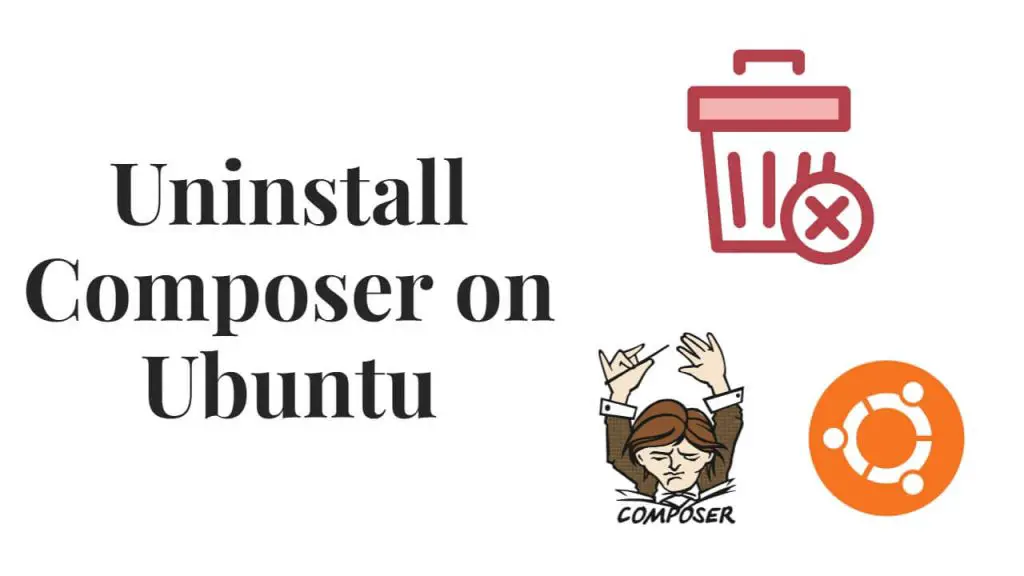Let’s say you want to uninstall or remove a composer. So, you can use sudo apt-get remove composer or sudo apt-get purge composer command to completely remove it from Ubuntu, In this tutorial, we will show you how to completely uninstall or remove composer on Linux Ubuntu 22.04 or 23.04 using a terminal or command line.
How to Uninstall Composer on Ubuntu
To uninstall or remove Composer on Ubuntu, here are some steps to easily completely remove or uninstall it in your Ubuntu 22.04 or 23.04 system.
- Step 1 – Open the Terminal or Command Line
- Step 2 – Uninstall the composer
- Step 3 – Remove Dependent Packages
- Step 4 – Purging composer
- Step 5 – Remove Composer Directory with Files
Step 1 – Open the Terminal or Command Line
First of all, open the terminal or command line.
Step 2 – Uninstall the composer
Now, run the following command to uninstall composer on ubuntu:
sudo apt-get remove composer
Step 3 – Remove Dependent Packages
Once you have uninstall composer, now run the following command to remove related or dependant package:
sudo apt-get autoremove composer
Step 4 – Purging composer
To run the following command to delete all configuration files of composer from Ubuntu:
sudo apt-get purge composer
Step 5 – Remove Composer Directory with Files
Finally, run the following command on the command line to remove all composer directories and it’s subdirectories with files from Linux Ubuntu:
sudo rm -rf . composer
Conclusion
By using this tutorial steps, you can completely uninstall or remove Composer on Linux Ubuntu 22.04 | 23.04.
